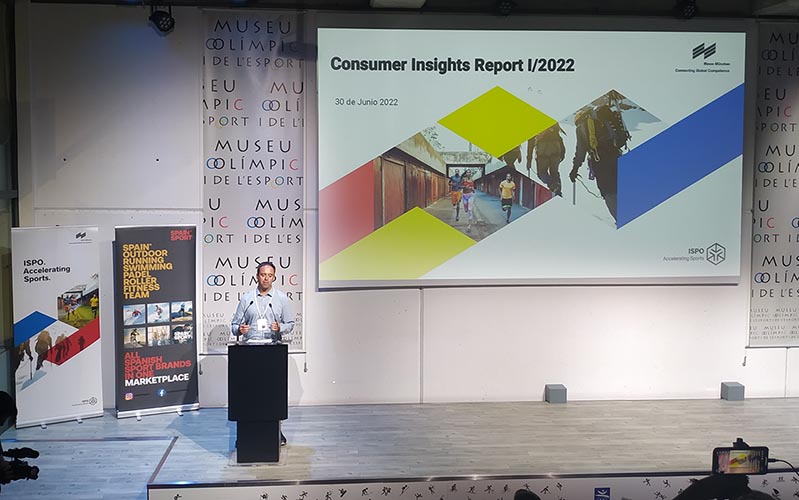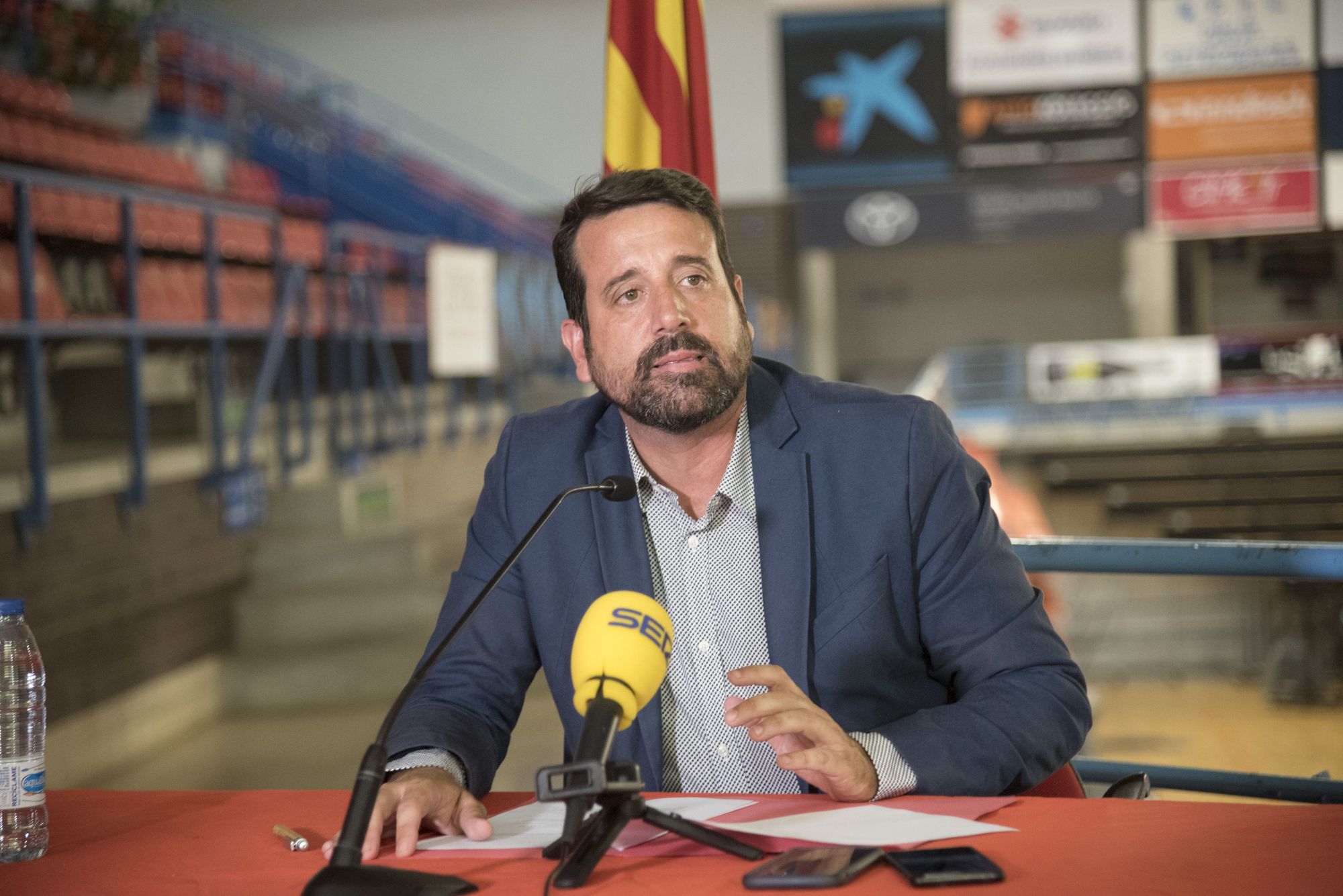Over the past years, the figure of Civil Association has taken on an important role in the Argentine scenario. As a consequence, the New Civil and Commercial Code took it into consideration (sections 168-186) creating specific regulations in order to control and to govern it.
This amendment introduced by the new Civil and Commercial Code directly affects the Argentine sports industry since all the clubs in the country are constituted as non-profit civil associations.
The “Mora Case”
The Uruguayan player Rodrigo Mora was about to leave the Argentine club River Plate to go to play with the Al Nassr club. From one day to the next, he regretted his decision and decided to stay in the Argentine club. On one hand, the Al Nassr club form Emirates accused Rodrigo Mora of breach of contract by not complying with the existing signed provisional agreement, signed by the Matias Patanian, Vice-President of River Plate. On the other hand, River Plate stated that as the provisional agreement was signed by its Vice-President, the signed provisional agreement would not be legally enforceable.
The Arab club submitted the claim to the CAS (Court of Arbitration for Sport FIFA). This case reveals the importance of understanding the way in which civil associations work.
New regulations
The new Civil and Commercial Code does not have an explicit definition for civil associations, thus they could be defined as “private legal persons consisting of a group of people called partners, which do not pursue a monetary goal but the common good. These associations have own assets and – by their statutes- may acquire goods; they do not need to subsist solely by state allocations.”
These associations have, under the new code, “a purpose not contrary to the public interest or to the common good order”, which is “understand in compliance with the various identities, beliefs and traditions, whether cultural, religious, artistic, literary, social, or ethnic which do not violate constitutional values”. The new Code establishes certain guidelines about the rights and obligations of the civil associations’ members, constitution requirements, and provisions on the management, control and dissolution of the associations. Article 186 stipulates that the provisions which apply to commercial companies will be additionally applied to the associations, as appropriate.
The organization of a civil association usually consists of own governing bodies, management and comptroller (whose composition and functioning are regulated by their bylaws or constitutive contracts). Generally, they have a deliberative body called “Assembly”, whose purpose is to make decisions on behalf of the institution. They also have a “Steering Committee”, which is the executive authority responsible for management. It is under the control of a supervisory body.
Considering the “Mora Case”, we emphasise the importance of a proper drafting establishing the necessary mechanisms to bind the association through its decision-making bodies. Therefore, it is very important to understand that (as established in Article 171 of the new Code), the bylaw must define the roles of the president, secretary and treasurer. Accordingly, provided that they are not contrary to the rules contained in the new Civil and Commercial Code, the bylaws will be the main source of rights, duties and powers of the directors.
We advise our clients to include “umbrella” clauses, by means of which the signatories express that their positions are enforceable, that they possess the necessary authority to enter into the contract and, if that is the case, that the contract is subject to the approval of the Assembly. To this end, we recommend to also request the documents which grant such authority, as bylaws or the respective powers of attorney.
Rodrigo Ortega Sánchez
Profesor del Postgrado realizado en Argentina y colaborador en el Máster de Dirección y Gestión de Entidades Deportivas de la Barcelona School of Management









Deja un comentario